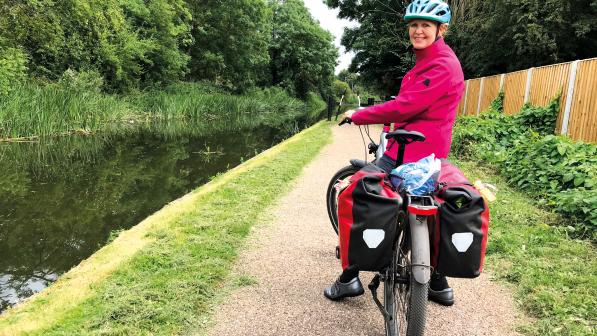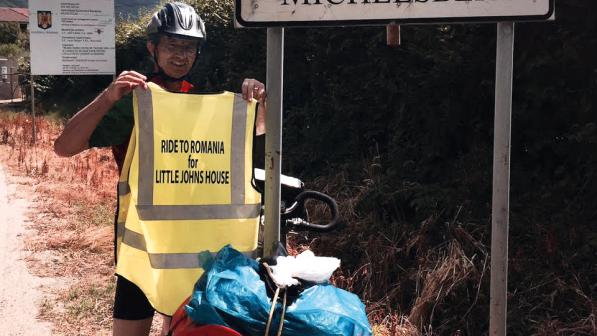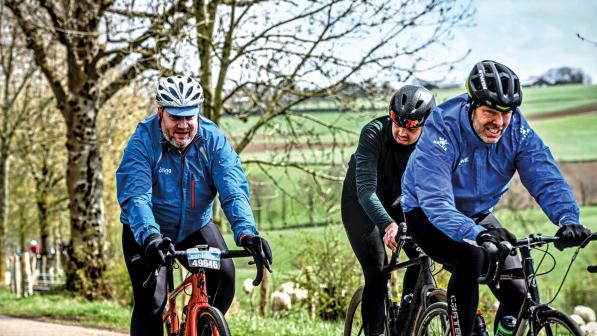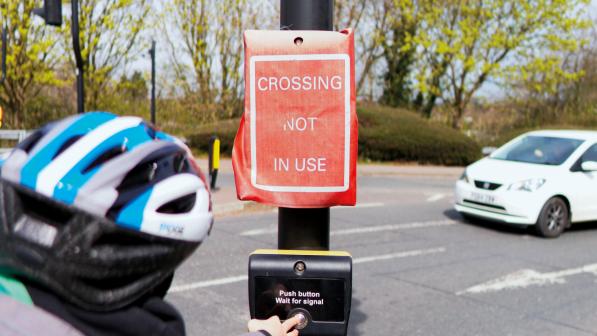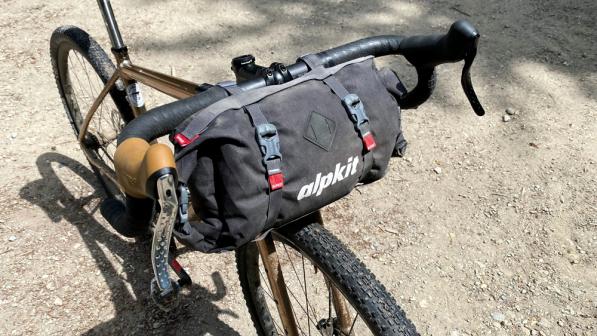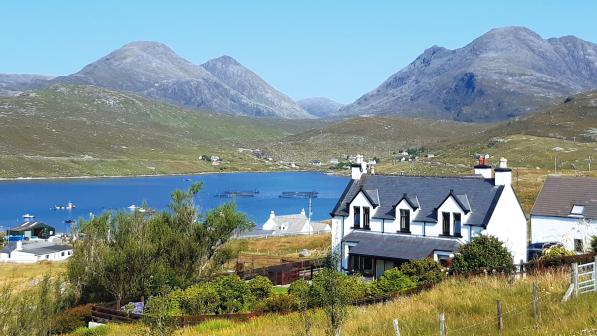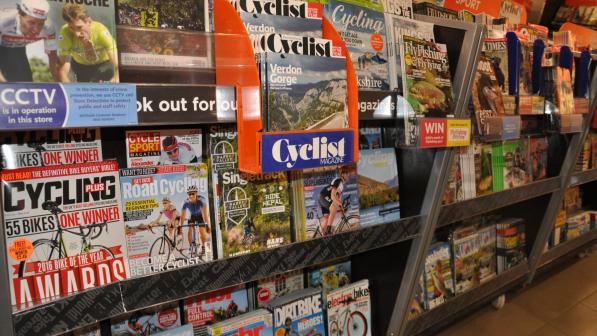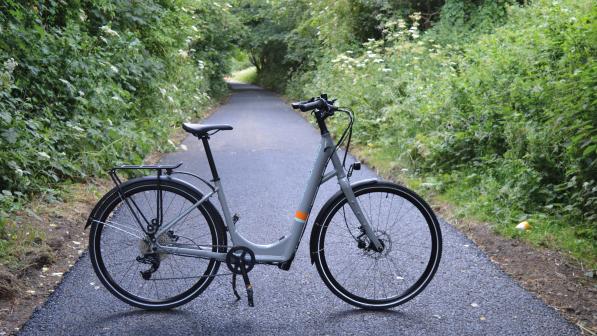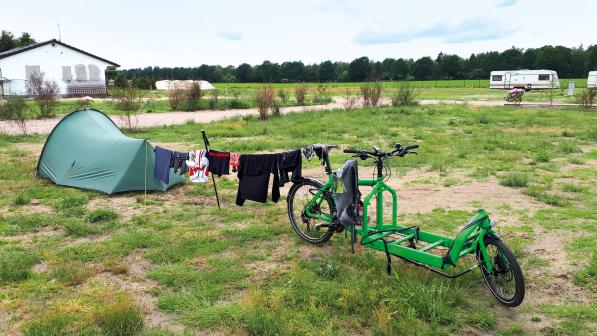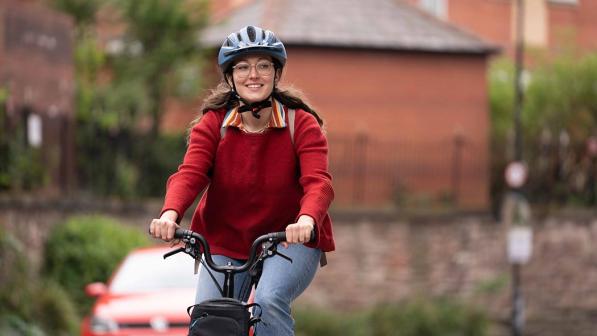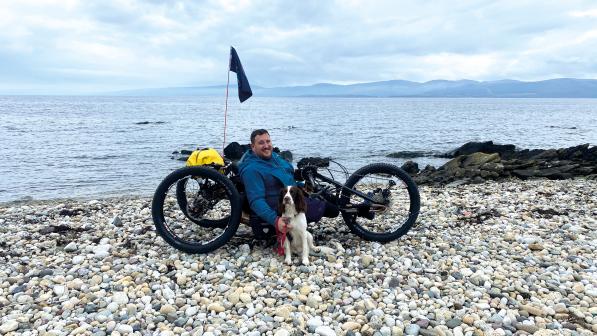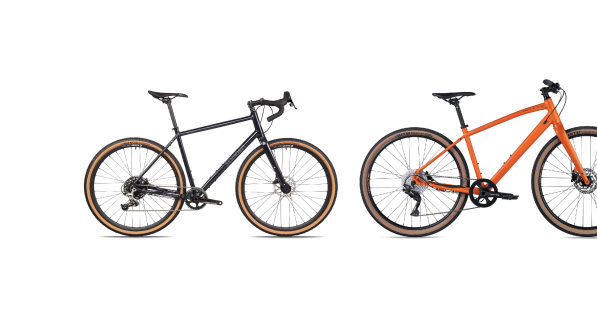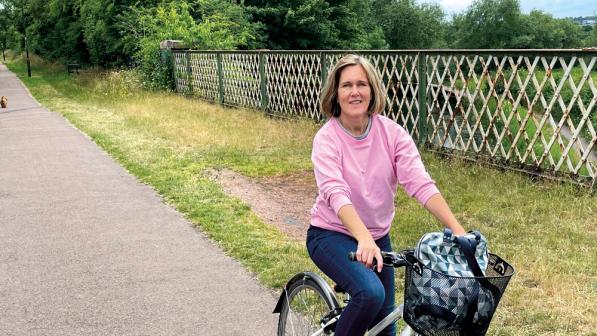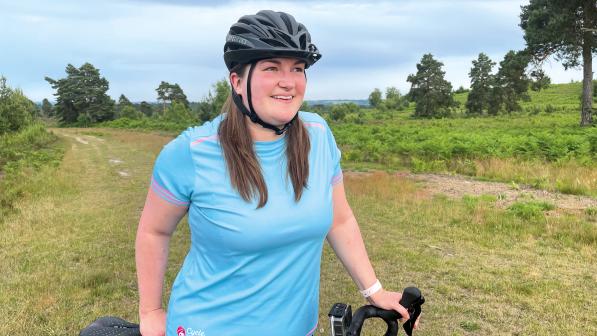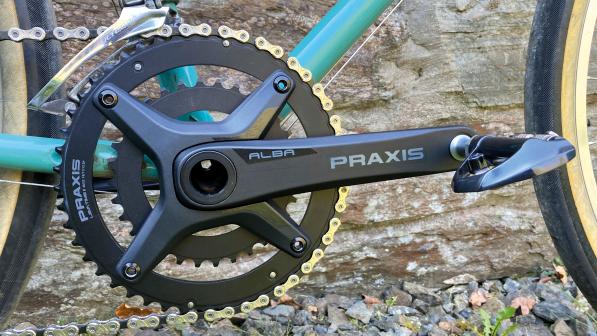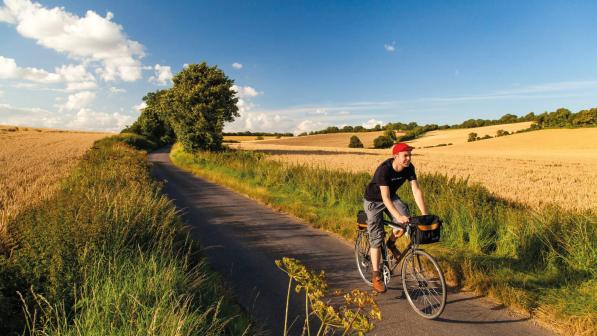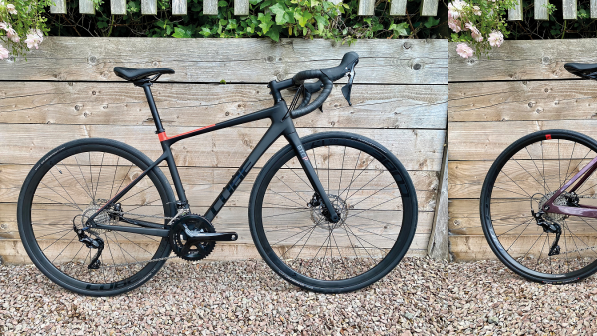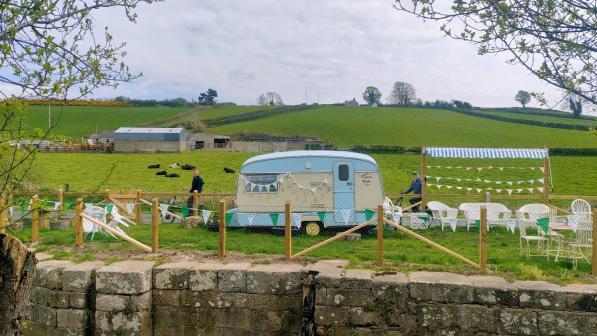Cycle magazine August/September 2022

Reaching nearly 70,000 members Cycling UK's 'Cycle' magazine has the highest circulation of any cycling publication in the United Kingdom. Here's a snapshot of the Cycle magazine August/September 2022 issue, so have a flick through. To receive 6 copies a year simply join Cycling UK.
The full version of Cycle magazine is available to members please log in to view the full version.
View the magazine chapters as PDFs
| Attachment | Size |
|---|---|
| Cover | 620.77 KB |
| Contents | 362.67 KB |
| Freewheeling | 693.01 KB |
| This is Cycling UK | 239.04 KB |
| This is Cycling UK | 471.08 KB |
| This is Cycling UK | 1.39 MB |
| You are Cycling UK | 338.65 KB |
| Shop Window | 239.81 KB |
| Gear Up | 515.92 KB |
| Reviews: books | 185.61 KB |
| Letters | 419.41 KB |
| Great Rides: Hebrides by hand | 1 MB |
| Feature: Cycle Friendly Places | 1.22 MB |
| Weekender: Newry Canal Way | 694.72 KB |
| Feature: Active travel for all? | 496.68 KB |
| Great rides: E-asy rider | 909 KB |
| Cyclopedia | 317.52 KB |
| Bike finder: Which small light bikepacking bike do I need? | 214.33 KB |
| Knowhow | 182.39 KB |
| Bike test: Not carbon copies | 1.06 MB |
| Bike test: Islabikes eJoni | 260.14 KB |
| Group test: Bikepacking bar rolls | 590.92 KB |
| Travellers' Tales | 453.84 KB |
